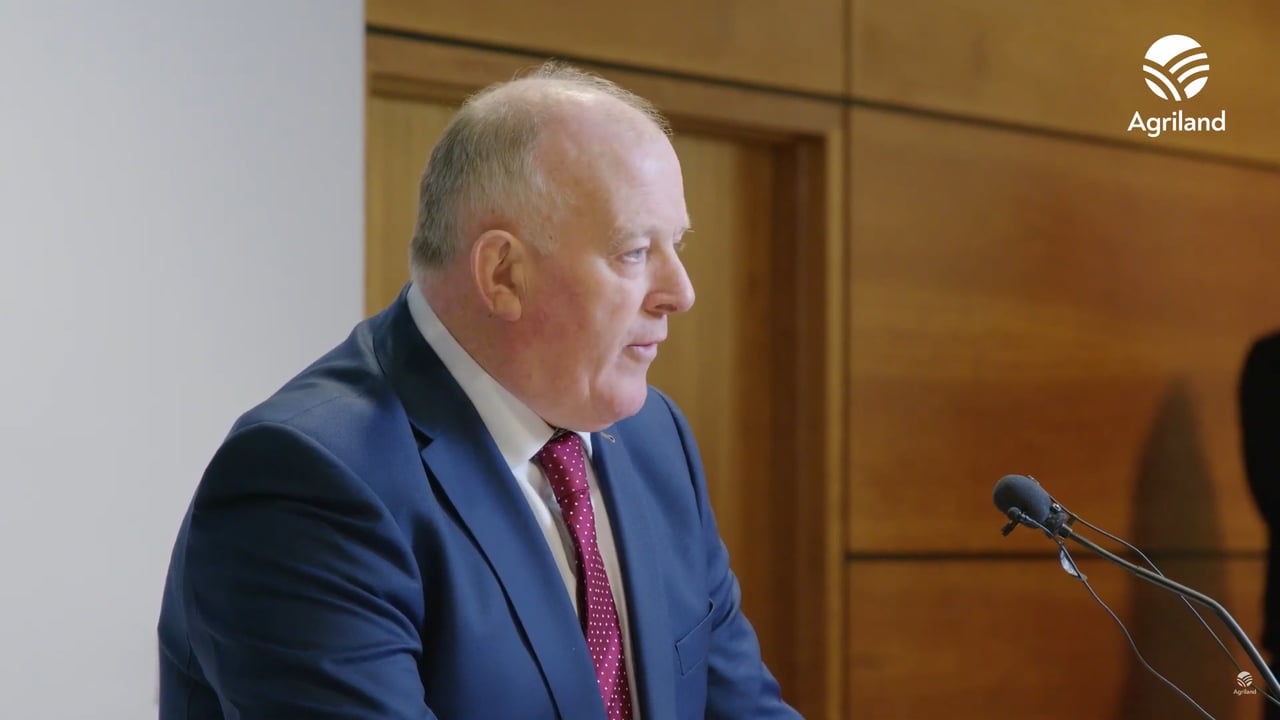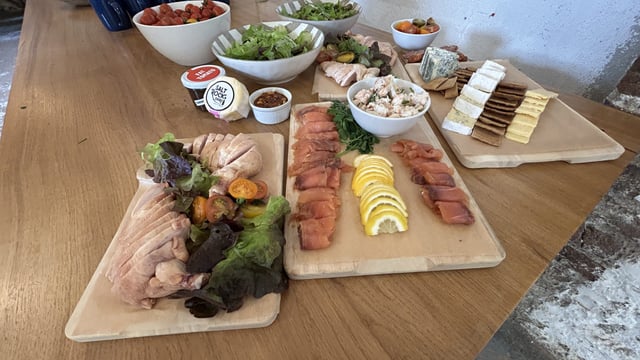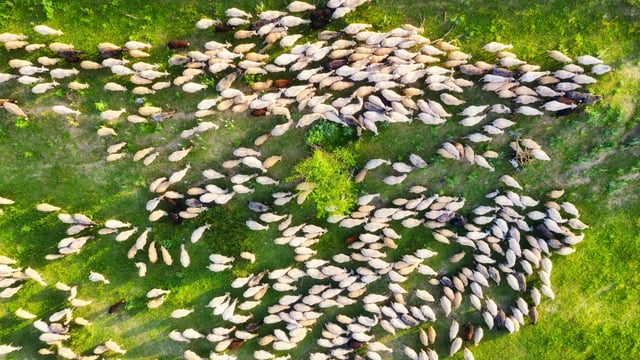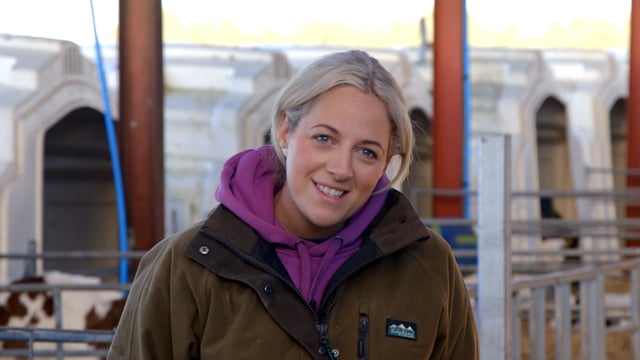Farmers express lack of confidence in Mercosur deal 'safeguards'
Farmers have expressed their lack of confidence in the 'safeguards' that are to be included in the EU-Mercosur trade deal.
The process of ratifying the EU-Mercosur deal is now underway.
This follows the deal's adoption this week by the European Commission, which has promised that safeguards will protect EU producers from being undermined by imports from Mercosur countries.
However, president of the Irish Farmers' Association (IFA) Francie Gorman told Agriland that beef farmers across the country remain "concerned" following the commission's announcement of the deal.
Emergency brake
Of particular concern is the 99,000t carcass weight of Mercosur beef - mainly from Brazil - that can enter the EU at a much reduced tariff rate of 7.5% as part of the deal.
The commission has proposed an emergency brake, which could allow for import duties to be temporarily raised if South American beef floods the EU market.
Gorman said he does not have confidence in the proposed safeguards.
He said the IFA is "totally opposed" to the trade deal, as "there is huge danger for the beef sector and the poultry sector".
He said beef farmers are fearful of the impact the deal will have on them, as they waited "a decade for the beef prices we have at the moment to sustain the industry - they were badly needed".
He said that while there may be advantages within the overall deal for other sectors, "why should farmers have to carry the can for it?"
He is urging for the programme for government commitment to be honoured, that Ireland will work with "like-minded" countries in opposing the Mercosur deal.
Farmers protest in Brussels
His comments come as farmers took part on Thursday in a large-scale protest in Brussels, where numerous organisations from the agricultural, environmental and development sectors jointly expressed their opposition to the planned trade agreement.
The European Milk Board (EMB) said it is clear that the Mercosur agreement "unilaterally serves the interests of large trade and industrial groups – with serious consequences for European agriculture, the environment and food security".
“This agreement is an example of a trade policy that systematically disadvantages farms,” EMB president Kjartan Poulsen said.
“It fuels cut-throat competition in which high-quality, sustainably produced food from Europe can hardly compete with cheap imports.”
The EMB said it sees a major problem in the planned opening of the European market to agricultural goods from South America, "which are often produced under conditions that fall far short of European standards – for example, in terms of environmental and animal protection or food ingredients".
"For European producers, who are subject to stricter requirements, this means a massive distortion in competition," the EMB said.
"Furthermore, the agreement contradicts fundamental goals that the EU has set for itself - for example, regarding climate protection, sustainability and regional supply.
"Higher import of products transported over long distances increases emissions and undermines efforts to achieve more environmentally friendly food production within Europe."
The EMB is also taking a critical view of the agreement from a security policy perspective.
It said: "A stable, independent food supply within Europe is of central importance - economically, socially and politically.
"Growing dependence on global markets makes the food system more vulnerable to crises and weakens security of supply."
There is concern that EU policymakers appear to be striving to push through the agreement "under considerable political pressure and without sufficient democratic scrutiny".
The EMB said that "such a far-reaching decision must be made transparently, and with the involvement of parliaments and civil society".





